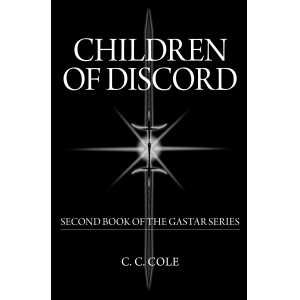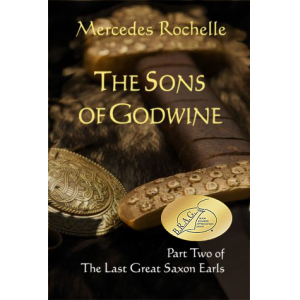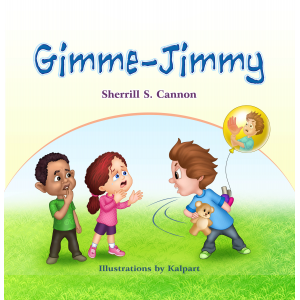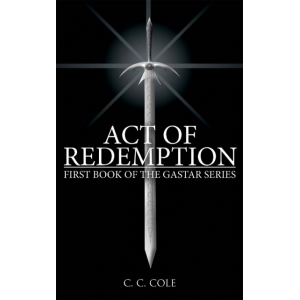- Author
- Book
- Story behind the book
- Media Links
- Reviews

Teresa Robison
About
I've enjoyed writing as a child. While my classmates groaned when our teachers assigned book reports, research papers, and essays, I had to hide the spark in my eyes and the giddiness in my voice. From adolescent poetry to short stories, writing was a creative escape for me, a shy little girl who tried to keep my voice under wraps.
As I became a working adult, I always gravitated to the jobs that allowed me the freedom to express ideas, working in administrative positions where I could write company policies and employee handbooks. Then I "graduated" to marketing work where my blood truly began to boil. Ad copy, catalog descriptions, marketing collateral, company newsletters.
One day after reading a book titled "To Be a Slave" (by Julius Lester), I was especially angered by one account of particular cruelty. It was the story of infanticide carried out on a plantation where there was a surplus of slave babies. In that moment, I knew that I had to craft a story and that this "scene" had to be woven into its fabric. Over two years later, my first novel, "The Secrets of Heavenly," was born.
Known as "Teri" in my private life, I live in Indiana with my husband Karl. We are parents to two wonderful adult daughters, Kayla and Abbey, and grandparents to one adorable baby boy named Luke Elliott. My day job consists of teaching career skills to adults, as well as writing training curriculum.
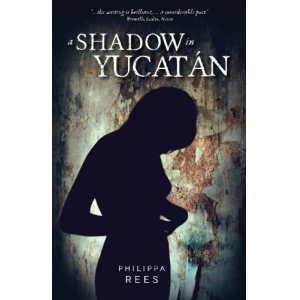
A Shadow in Yucatan
Description
<p>A mythical jewel of a story… A true story told on a beach in Yucatan, A Shadow tells Stephanie's story but it was also the story of the golden time. Its nostalgia sings like cicadas in the heat.</p><p>An American ‘Under Milkwood’, this distilled novel of the Sixties evokes the sounds, music and optimism on the free-wheelin streets and parks of Coconut Grove. You can hear Bob Dylan still strumming acoustic; smoke a joint with Fred Neil; and Everybody’s Talkin is carried on the wind.</p><p>Stephanie, a young hairdresser living in lodgings finds herself pregnant. Refused help from her hard Catholic mother in New York, unable to abort her baby, she accepts the kindness of Miriam, her Jewish landlady, whose own barren life spills into compassionate assistance for the daughter she never had.</p><p>The poignancy of its ending, its generosity and acceptance, echoes the bitter disappointment of those of us who hoped for so much more, but who remember its joy, and its promise, as though untarnished by time.</p>
